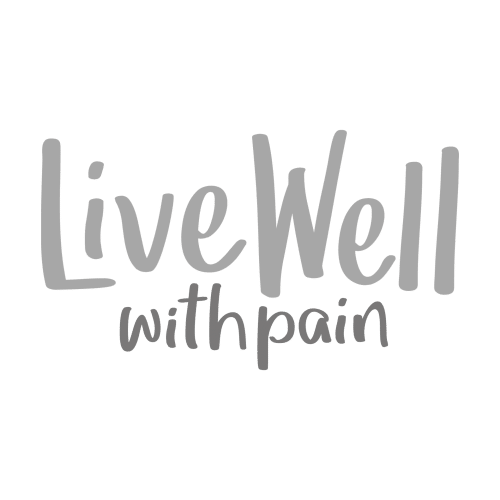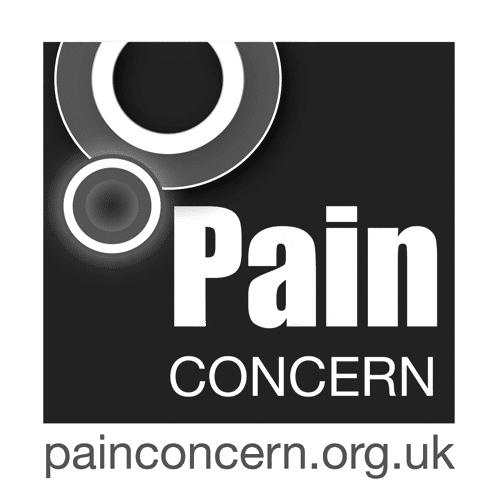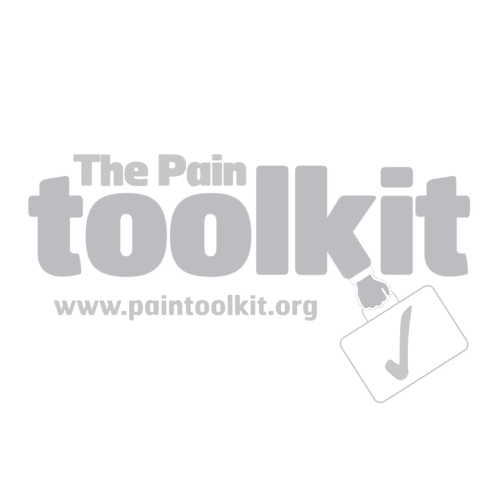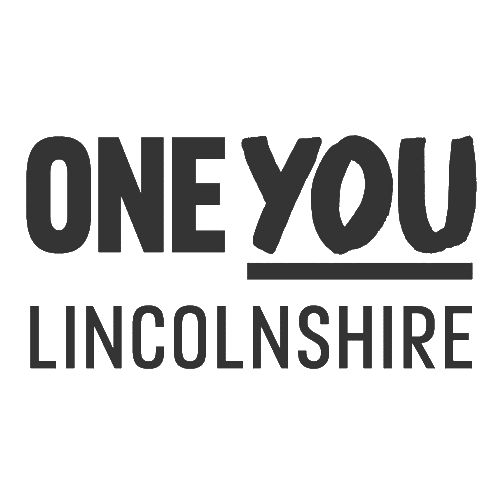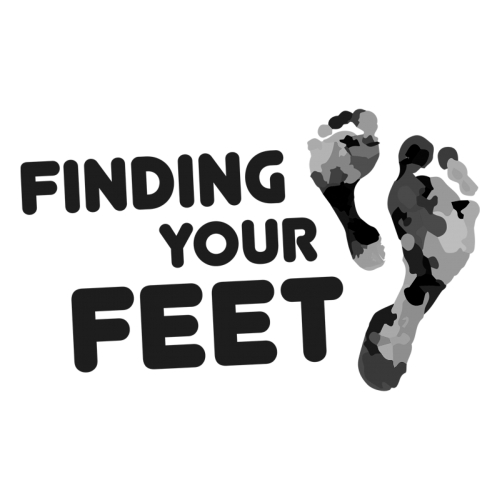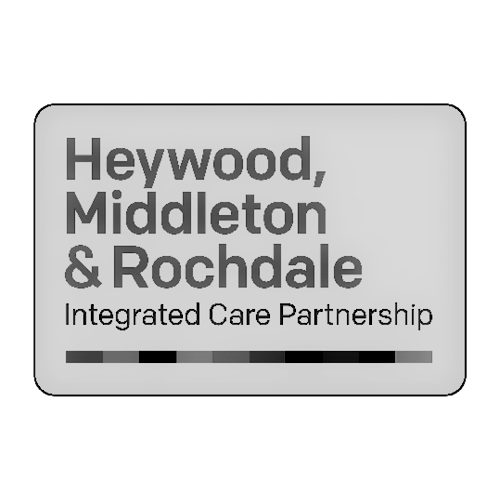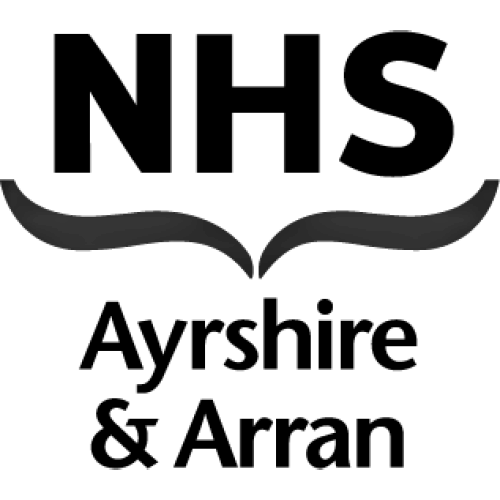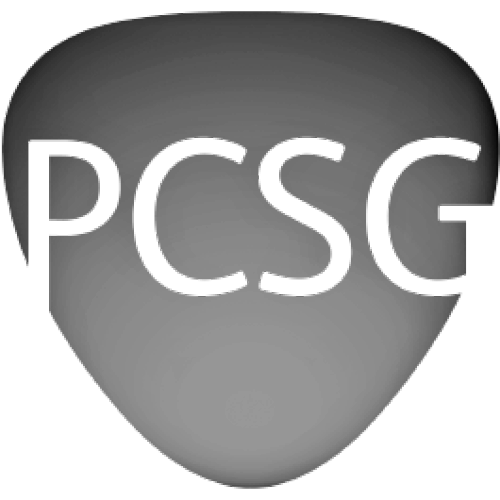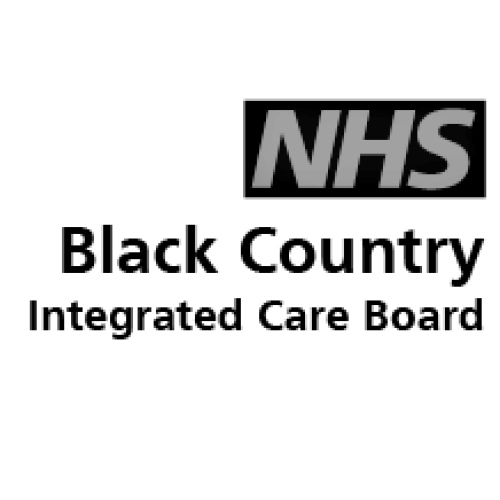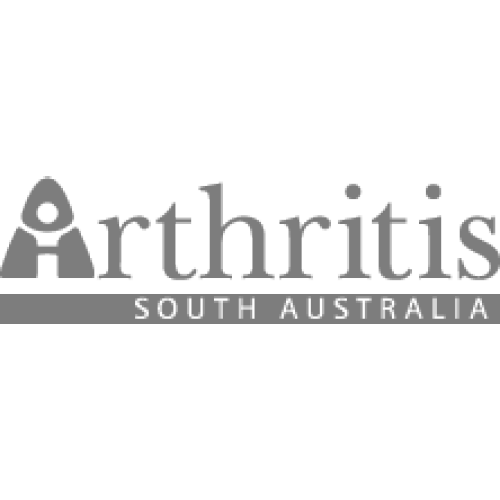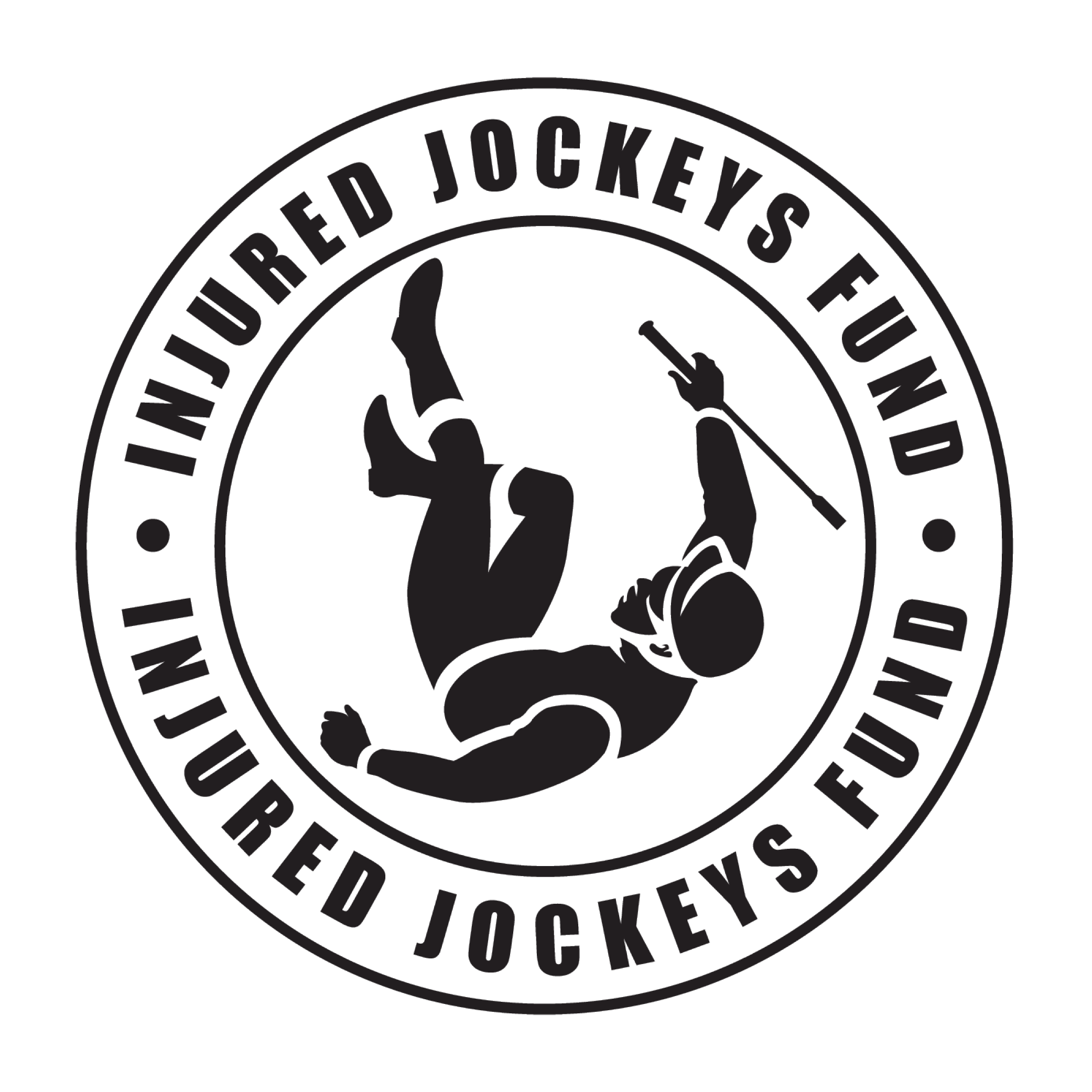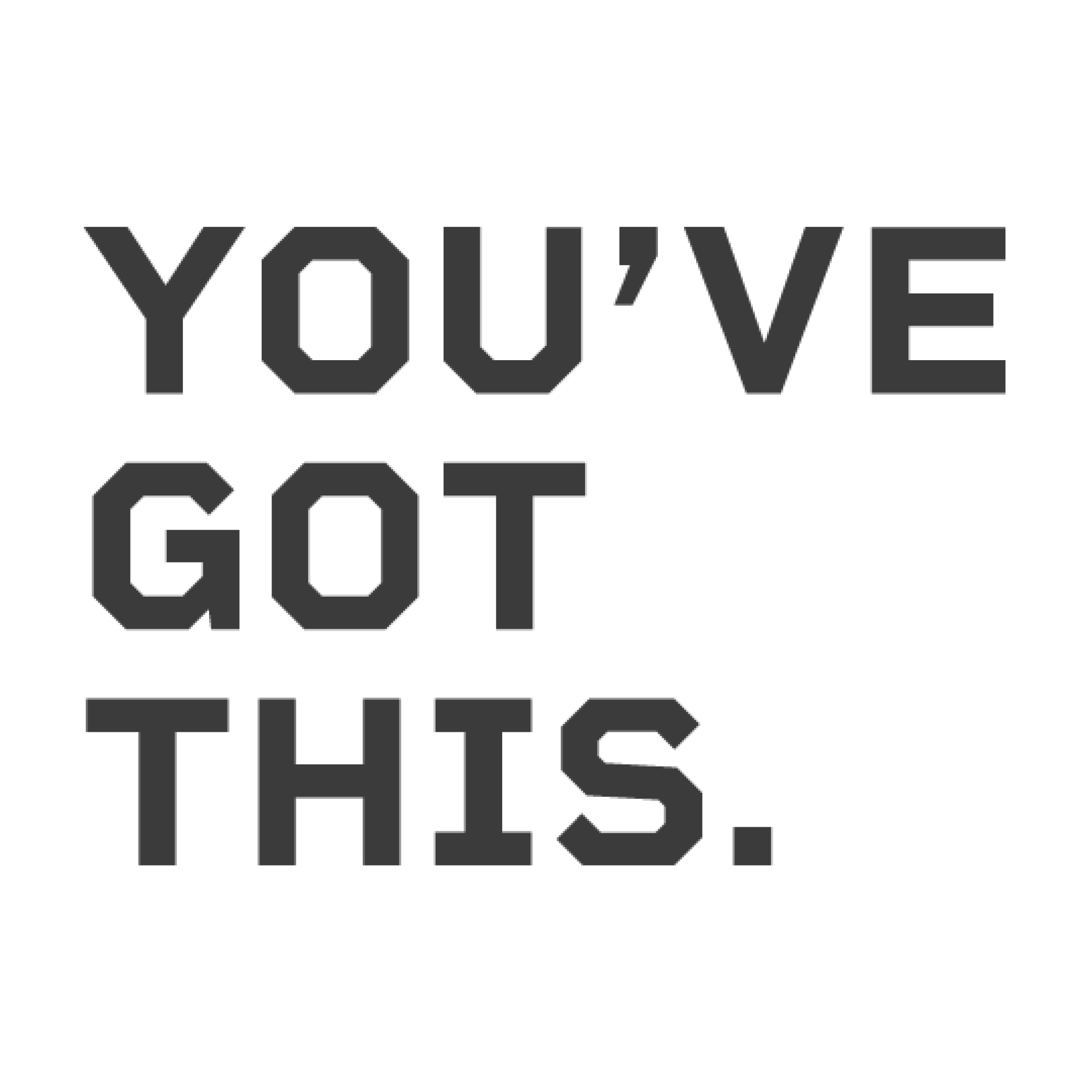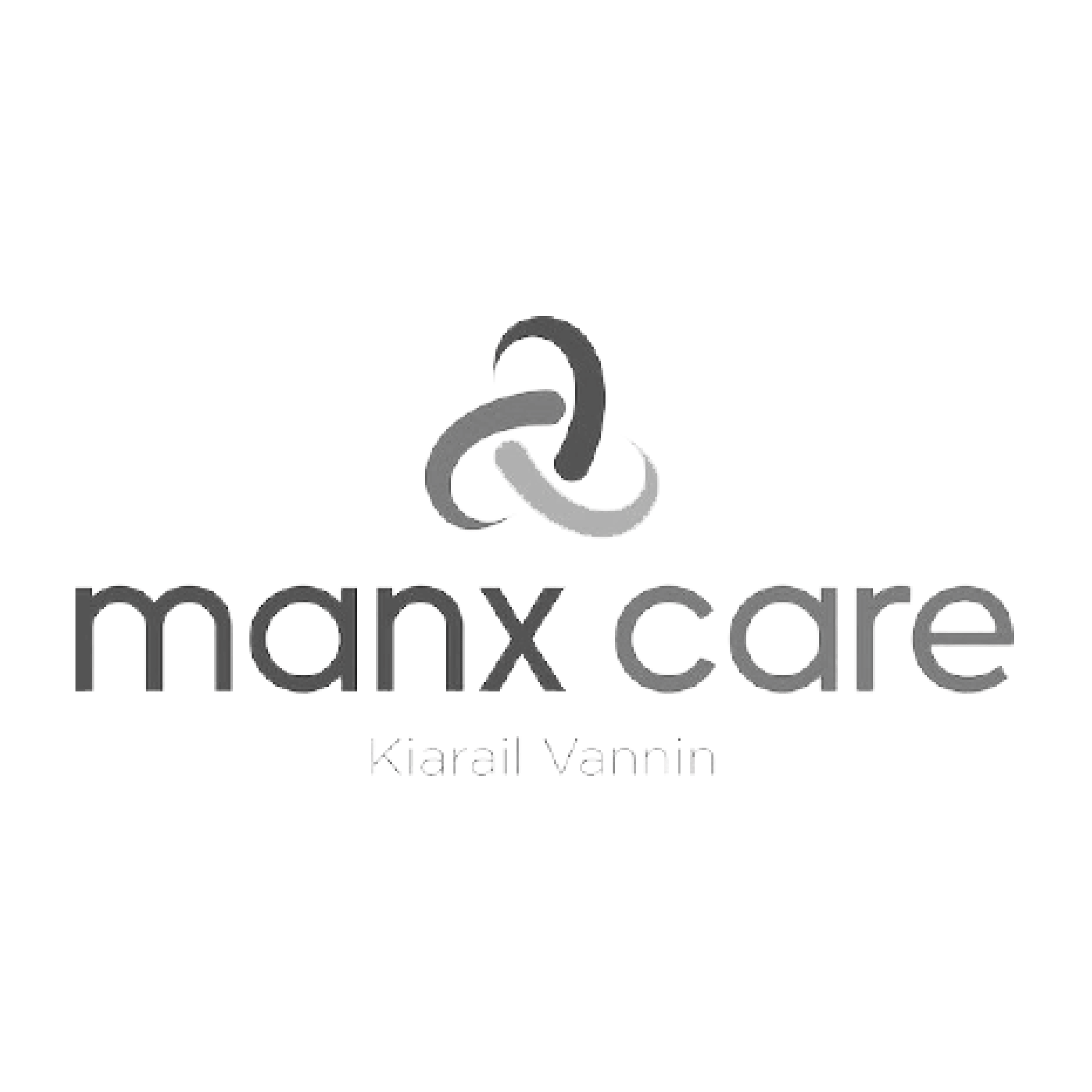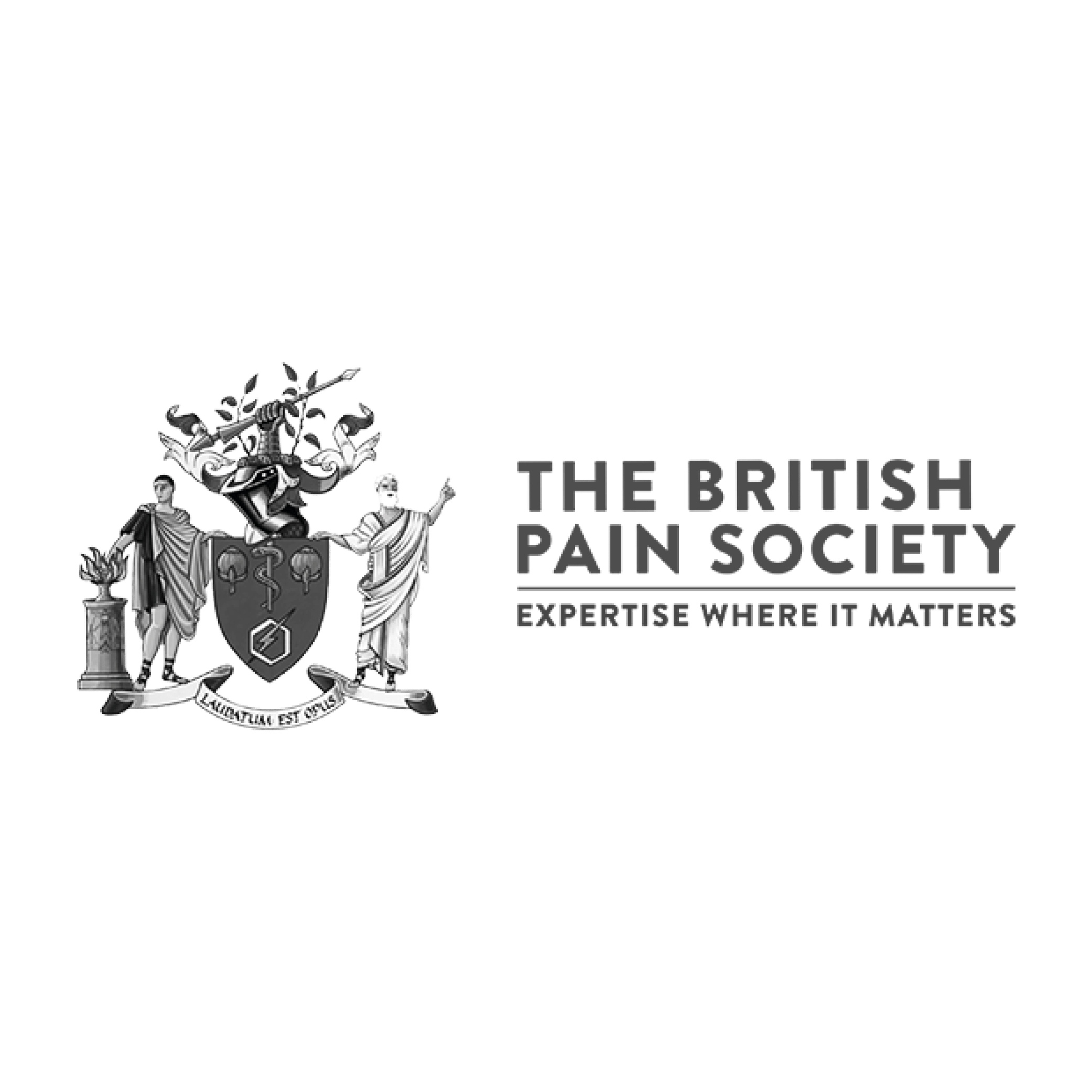Ruth was fit and active at 28 when pain from a minor dance injury became persistent. Here she tells us how she manages her pain, stays active and explains pain to other people.
It was hard to accept that I could have this debilitating pain. I was active, went to the gym, taught fitness and dance classes. I was working in the NHS and living in London with friends.
A very minor dancing injury led to the strange, constant sensation of hot burning barbed wire wrapped around my thigh and pelvis.
Before my persistent pain, I had no idea that something that I perceived to be ‘physical’ could affect my whole being: my thoughts, my feelings, my family, social and work life.
The pain was affecting me not just physically but emotionally too. I’m sure it looked to the outside world like I was coping – I was still working and dancing.
However, the consuming pain was taking over everything and behind closed doors I would break down wondering how to get through another day of constant pain.
Life with pain back then was a lonely one but with education from a pain management programme I went from simply coping to managing a thriving life. My background in psychology allowed me the space to understand that I am physically fit and strong. That I am still able to dance and teach fitness classes despite being in pain. And I now need to look after not just this physical sensation but also my psychological health.
For me, that involved many years of psychological support to truly get to a place of living successfully with pain.
Initially my Physiotherapist taught me about pain, and whilst I could understand the theory, I still felt a bit stuck.
I couldn’t understand how to live with this new knowledge. How on earth does this relate to me? So I’m in pain every day, and it isn’t going to get better, but I can still live like this? My big question was ‘ok I now have this knowledge of persistent pain but how do you put this into practice? How does this pain science relate to me? I was fortunate to attend a fantastic pain management programme through the NHS. I developed skills that allowed me to increase my self-efficacy, and my confidence to explain to others what was going on for me. I found I could continue to be strong, active and take part in the physical activities I enjoy, but I approach them like an athlete training for a major event. Pacing is like training and my major event is living a normal life without huge suffering.
I still do this now after 15 years of managing pain. Swimming and cycling with my daughter involves us doing a lot of mini practice to build up gradually. I’d love to dance again so I’m building up the tolerance in tiny chunks every day.
Moving every day has always been important to me, but now it is not just for a hobby or for exercise it’s part of my pain self-management. Through daily yoga I move, breathe and relax so that my body and mind are starting from a place of calm so that my already heightened nervous system can be soothed and balanced. I can now live with the challenges that persistent pain bring to my life.
Before learning about pain I felt alone – trying to somehow keep going and survive. Trying to explain it to others was frustrating and often harder even than to living with the pain. I would often say to people: ‘If I didn’t have this pain I wouldn’t understand it either.’
Learning how to talk about pain and learning to be assertive about what my family and friends could do to help me was empowering. For me it was important that my work colleagues shared in my learning about pain too. Not only was I learning to live and work differently, but my colleagues were learning that this flexible way of working didn’t change my hard working attitude. It didn’t make me unreliable or any less of the team.
After learning how to live with persistent pain my Physiotherapist, who I had been seeing for two years said ‘Ruth, I now need to discharge you.’ I was nervous and I felt sad that this support was to be over. But I understood. This was it. This was my chance to get back into life.
I had spent time learning about pain, re-learning how to live my life and the emphasis of all of this learning was on becoming self-reliant.
I wasn’t sick, ill or damaged. I was strong, resilient and ready to live again.
I also wasn’t alone. I had the support of my pain management group of friends and techniques to help me live.
I didn’t need health professional input in the way I had before. In fact I have never needed any further healthcare for persistent pain. My healthcare was now self-care. I was in charge of my own health. I had the skills to look after myself and it is very empowering knowing you are the expert of your own health.
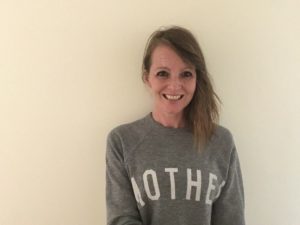
Through daily yoga I move, breathe and relax so that my body and mind are starting from a place of calm so that my already heightened nervous system can be soothed and balanced.



